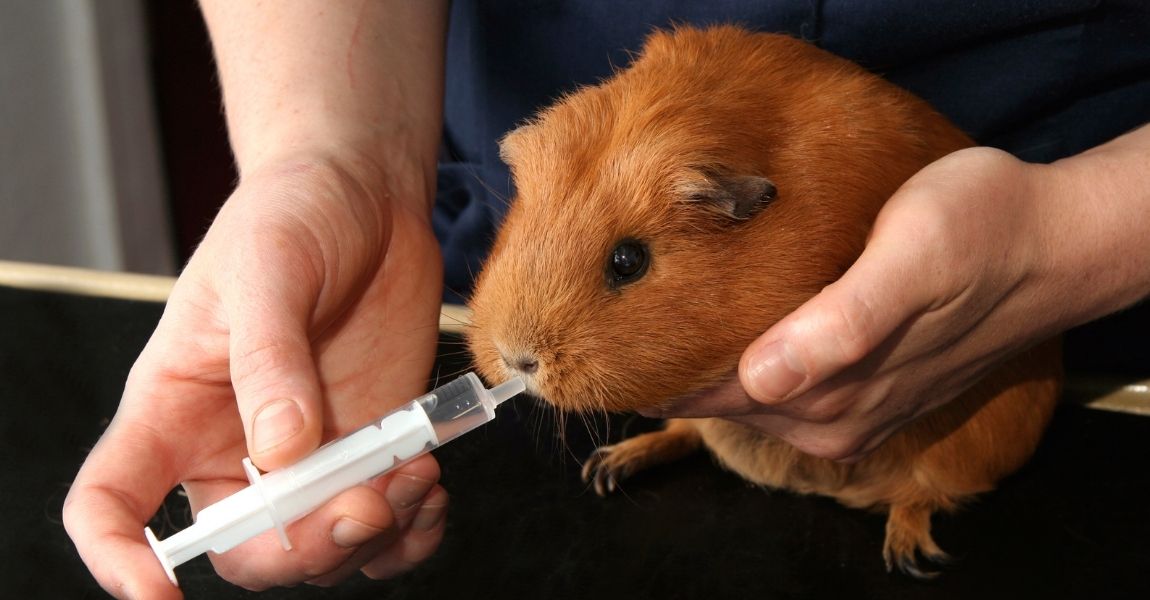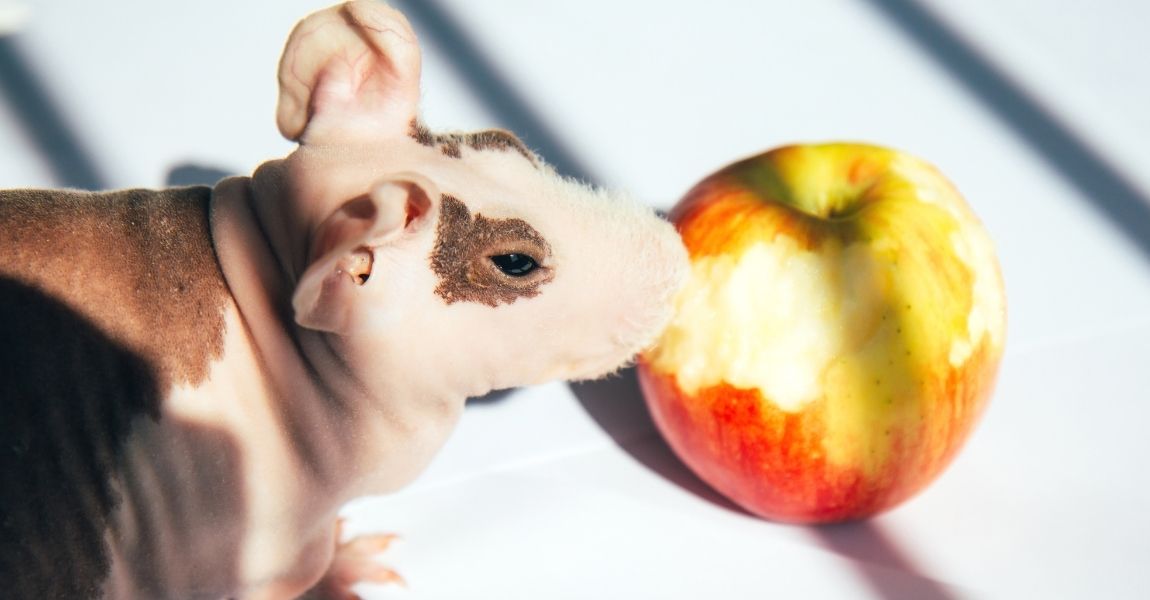Introduction:
Skinny pigs, also known as hairless guinea pigs, are unique and captivating creatures that have gained popularity as pets. With their hairless appearance and endearing personalities, they are truly one-of-a-kind. In this article, we will explore some weird and wonderful facts about skinny pigs that make them fascinating companions.
They Are Not Completely Hairless:
Despite their name, skinny pigs are not completely devoid of hair. They have a thin layer of fuzz or sparse hair on their bodies, especially on their noses and feet. This hair may vary in color and texture, adding a touch of uniqueness to each individual.
They Are the Result of Genetic Mutation:
Skinny pigs are the product of a spontaneous genetic mutation that occurred in laboratory-bred guinea pigs in the 1970s. This mutation caused them to be born without the usual coat of fur. They were later crossbred with haired guinea pigs to establish the hairless trait.
 They Have Special Skin Care Needs:
They Have Special Skin Care Needs:
Due to their lack of fur, skinny pigs have special skin care requirements. Their skin is delicate and more susceptible to dryness, sunburn, and temperature changes. It is important to provide them with a warm and draft-free environment, along with regular moisturizing and sunscreen application when exposed to sunlight.
They Are Highly Social Animals:
Like their furry counterparts, skinny pigs are highly social animals that thrive on companionship. They enjoy living in pairs or small groups, as this fulfills their need for social interaction and reduces loneliness. Pairing them with another skinny pig or a compatible guinea pig is highly recommended.
They Require a Nutrient-Rich Diet:
To maintain optimal health, skinny pigs need a nutrient-rich diet. They have a higher metabolic rate than furred guinea pigs due to the need to regulate body temperature without fur. Providing them with a balanced diet that includes high-quality guinea pig pellets, fresh vegetables, and unlimited access to hay is essential.
They Have Unique Heat Regulation:
Without the insulation of fur, skinny pigs have unique heat regulation mechanisms. They regulate their body temperature through behaviors such as seeking warmth from heat sources, huddling together, and cooling off on cool surfaces. It's important to provide them with appropriate temperature-controlled environments to prevent overheating or chilling.
They Have an Adorable Personality:
Despite their unique appearance, skinny pigs have charming personalities that make them delightful companions. They are known for their curious and playful nature, often displaying active and entertaining behavior. They form strong bonds with their human caregivers and enjoy gentle handling and interaction.
They Are Hypoallergenic:
Skinny pigs are often considered hypoallergenic because they lack fur. This makes them a suitable option for individuals with allergies to pet dander. However, it's important to note that people can still be allergic to the proteins in their saliva and urine, so it's crucial to spend time with a skinny pig before committing to adoption.
They Have a Unique Purring Sound:
Skinny pigs have a distinctive way of expressing contentment and happiness. Instead of the typical guinea pig vocalizations, they make a purring sound, similar to a cat's purr. This gentle vibrating noise is an endearing way for them to communicate their comfort and satisfaction.
 They Are Fashion Icons:
They Are Fashion Icons:
The hairless appearance of skinny pigs has caught the attention of fashion enthusiasts worldwide. Some owners have embraced their unique looks by creating miniature clothing and accessories specifically designed for skinny pigs. From tiny sweaters to stylish hats, these fashionable pets have become social media stars.
Conclusion:
Skinny pigs are truly remarkable creatures with their hairless appearance, social nature, and adorable personalities. Understanding their unique care requirements, embracing their individuality, and enjoying their weird and wonderful quirks will make the journey of owning a skinny pig an extraordinary and rewarding experience.





